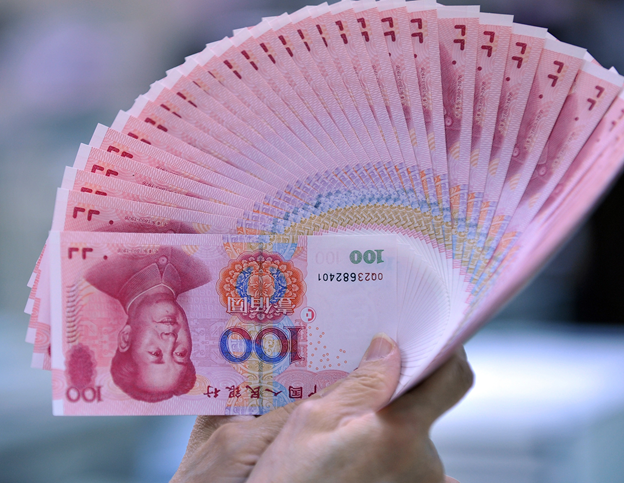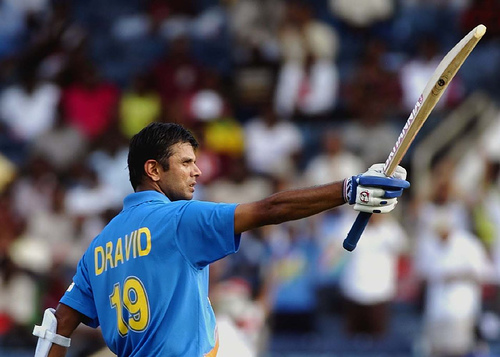Unintended Consequences of Energy Efficiency?
March 10, 2012 in Daily Bulletin, Signature

In 1865 one British economist pointed out that energy efficiency didn’t reduce energy consumption – it increased it. As energy became cheaper people used more of it for a broader array of applications. Clive Thompson writing about a new book titled The Conundrum points out some of the ways this backlash effect has occurred in recent history:
- The increase in the efficiency of automobile engines brought about demand for larger cars with more electronic sensors.
- The decrease in the cost of lighting meant that we just stuffed lights into damned near everything, including sneakers.
- The increase in the efficiency of air-conditioners just made air-conditioning the norm.
To read other examples, what this says about sustainability, and why this might be more of a critique on growth rather than a critique of energy efficiency click here.
Source: Wired

















Join the Discussion! (No Signup Required)